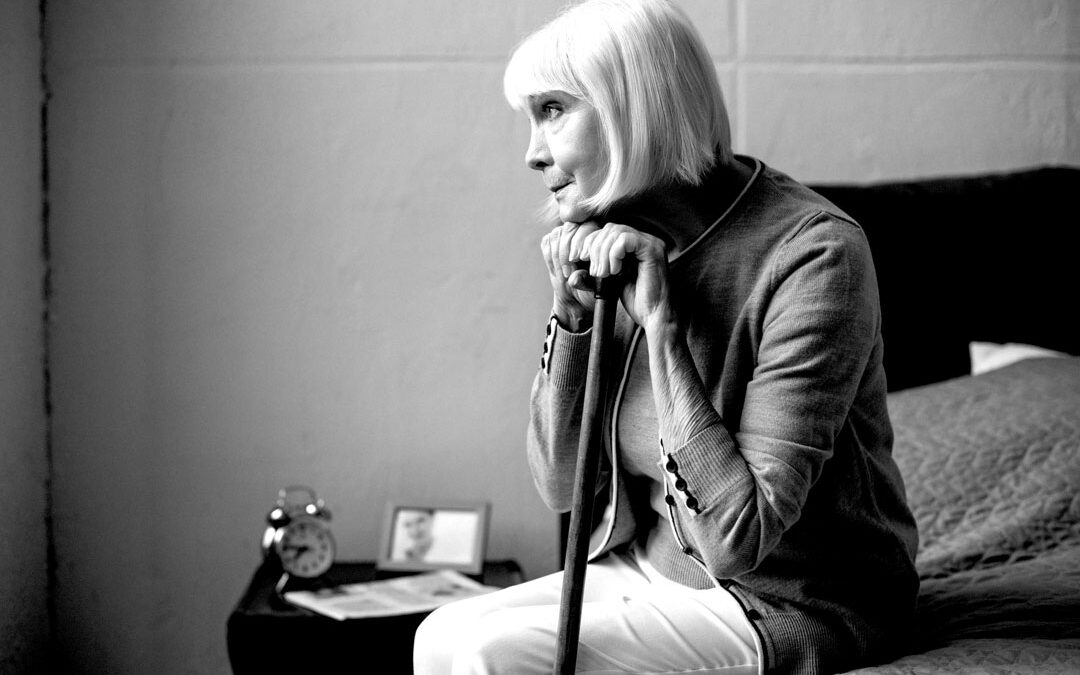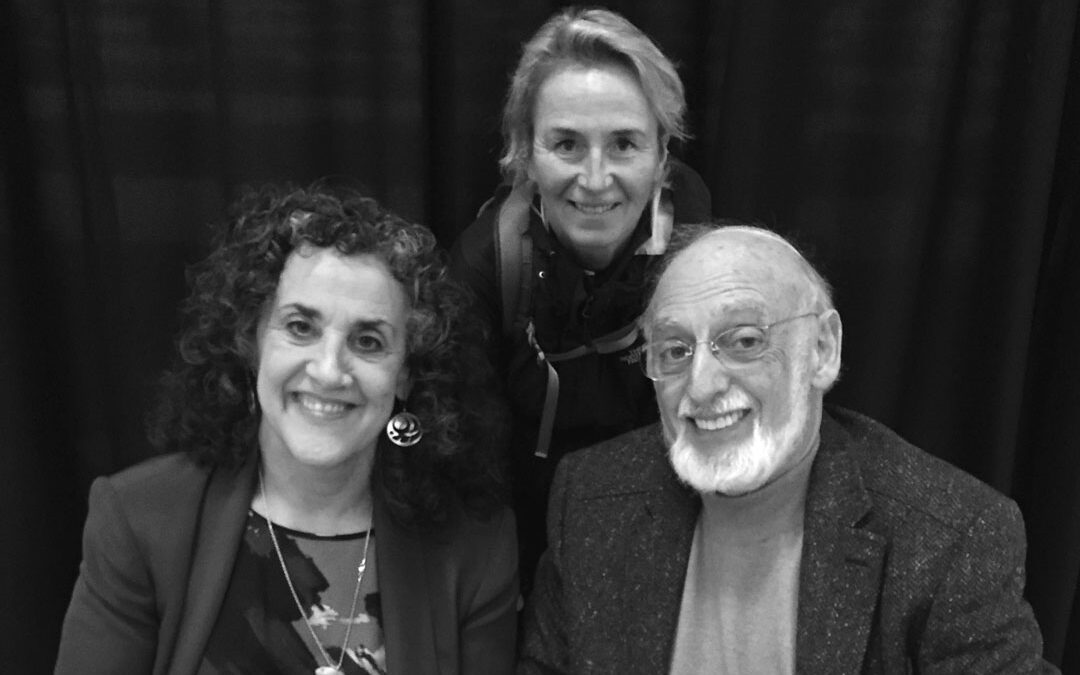 The baby boomer generation (born between the years of 1946 and 1964) has caused a considerable rise in 55+ and assisted living residences to accommodate the elderly moving out of their primary homes. But how about the baby boomers who don’t want to leave their primary...
The baby boomer generation (born between the years of 1946 and 1964) has caused a considerable rise in 55+ and assisted living residences to accommodate the elderly moving out of their primary homes. But how about the baby boomers who don’t want to leave their primary...
 Want to ensure your kids will grow up to be happy, successful adults? Do you also want to ensure they become confident individuals? Do you remind them that kindness to themselves is just as important to those they meet? Perhaps you dream of them being the athlete you...
Want to ensure your kids will grow up to be happy, successful adults? Do you also want to ensure they become confident individuals? Do you remind them that kindness to themselves is just as important to those they meet? Perhaps you dream of them being the athlete you...
 I visited the College’s website the other day and saw a description of what psychotherapy is and decided to include it below. I also decided to include this as part of the consent form that you check off when signing up for my services. You need to be clear on what...
I visited the College’s website the other day and saw a description of what psychotherapy is and decided to include it below. I also decided to include this as part of the consent form that you check off when signing up for my services. You need to be clear on what...
 The Gottman Method of Couple Counselling is the type of counselling I was trained in and, frankly, fell in love with. The photo above was from a workshop I attended in Seattle on the topic of Couples and Addiction Recovery many moons ago. I attended numerous...
The Gottman Method of Couple Counselling is the type of counselling I was trained in and, frankly, fell in love with. The photo above was from a workshop I attended in Seattle on the topic of Couples and Addiction Recovery many moons ago. I attended numerous...
 Recently a man reached out to me primarily to better his relationship with his son. He separated from his spouse a couple of years ago when his son was 13. He and his ex have a good ‘texting’ relationship and are co-parenting quite well. When I asked him...
Recently a man reached out to me primarily to better his relationship with his son. He separated from his spouse a couple of years ago when his son was 13. He and his ex have a good ‘texting’ relationship and are co-parenting quite well. When I asked him...






